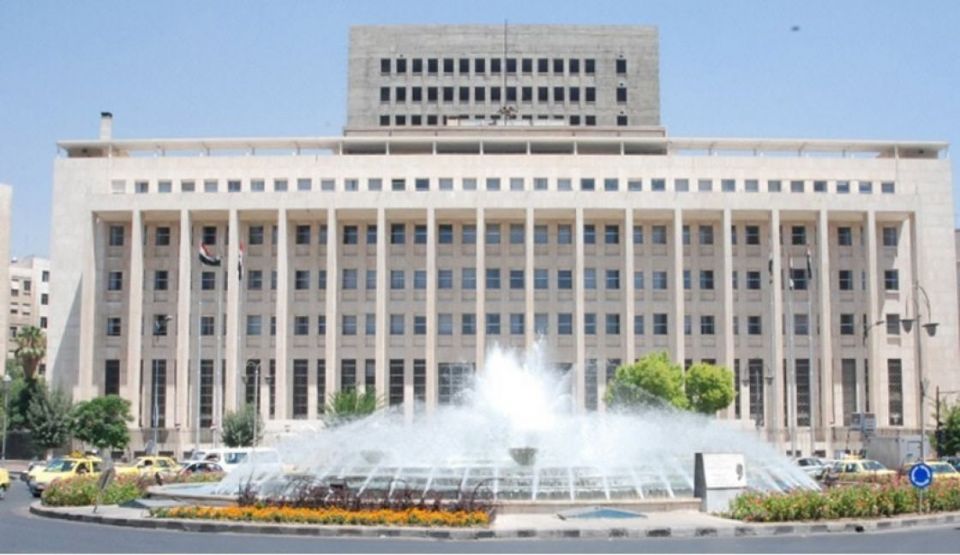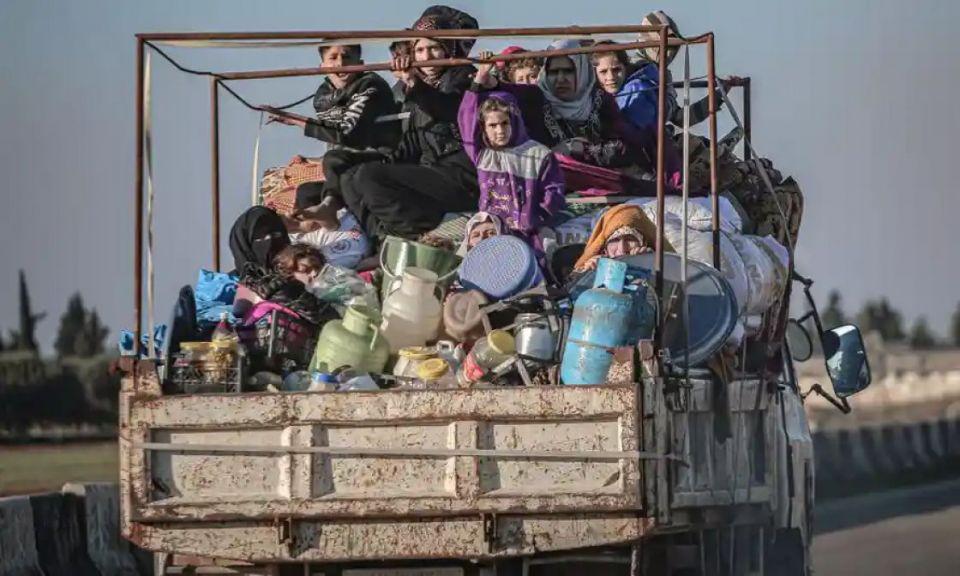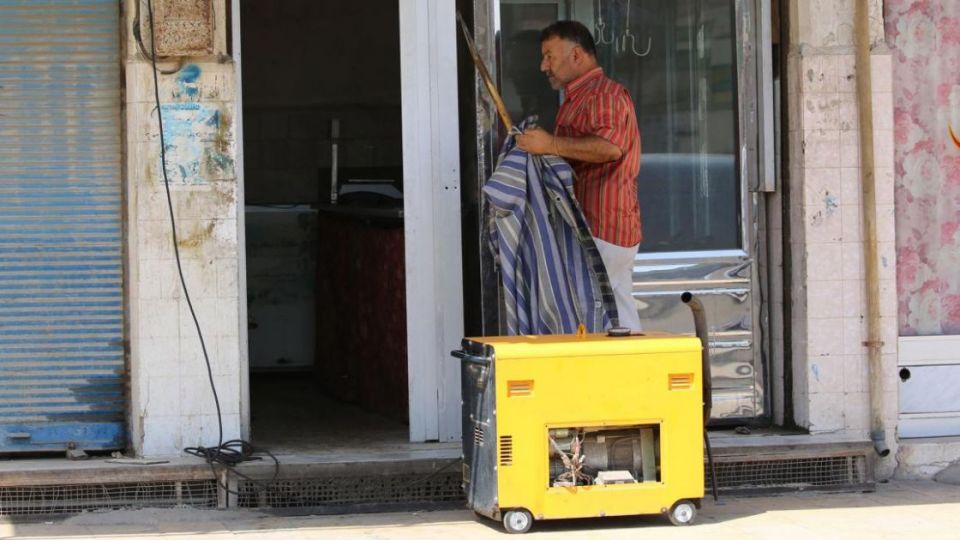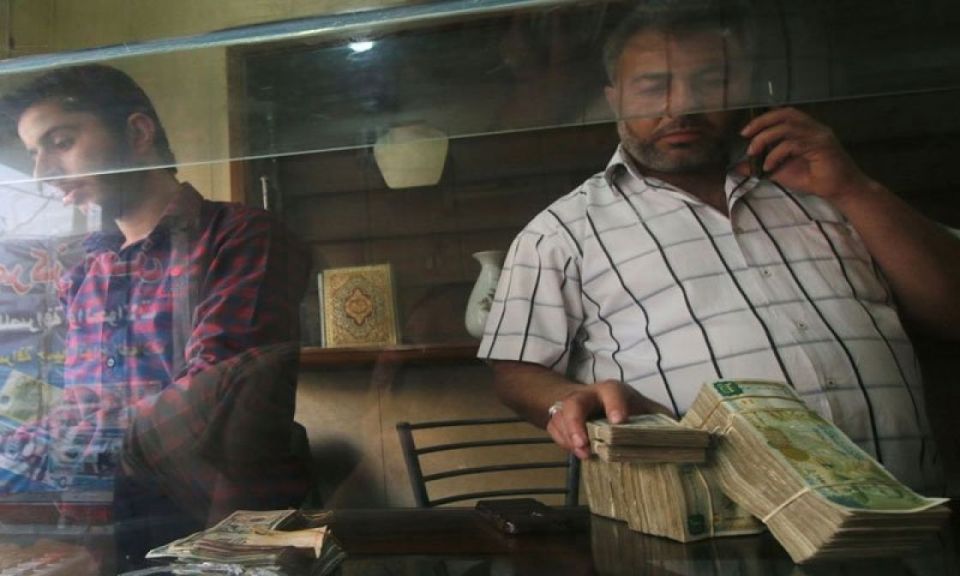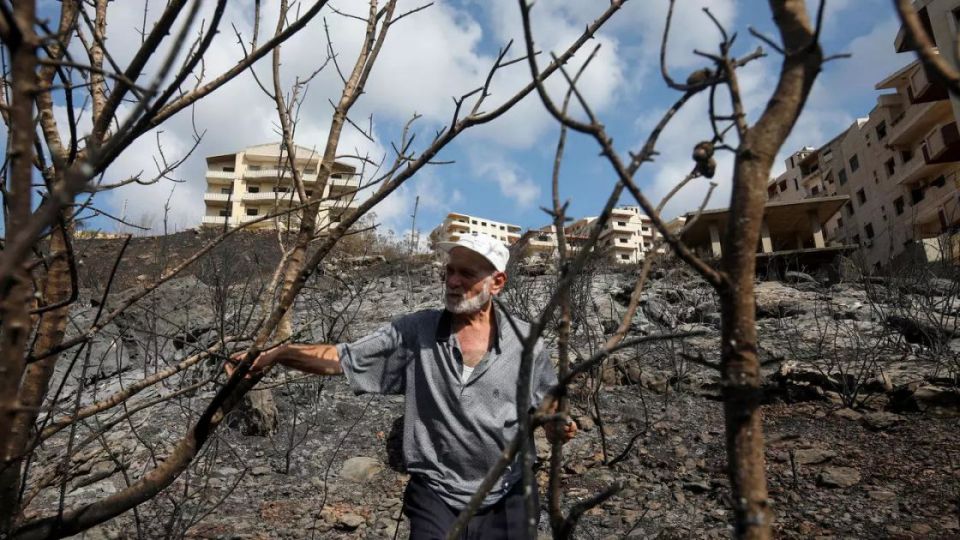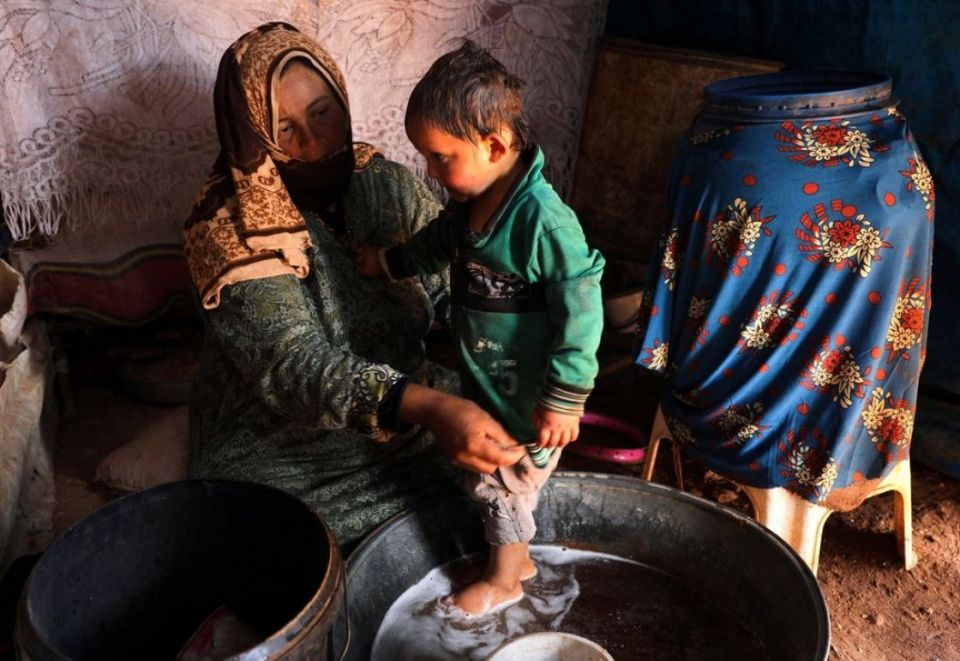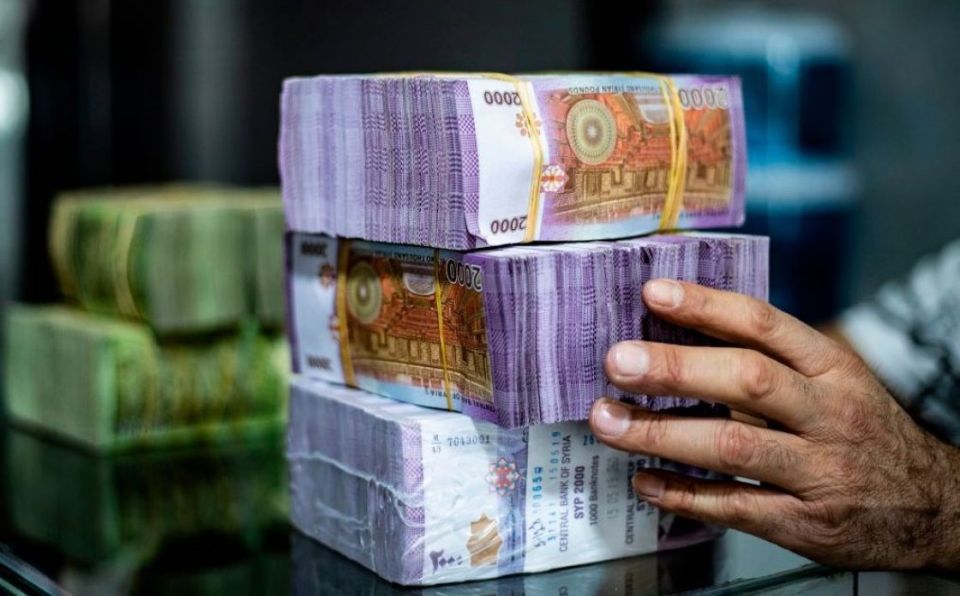Security Treatment for the Situation of the Syrian Pound and the US Dollar!
The Central Bank of Syria issued a statement on February 14 about the situation in the exchange market. The statement and the procedures that have been taken were mostly about “security”, as the collaboration between the Anti-Money-Laundering/ Combating the Financing of Terrorism and stakeholders was discussed to conquer a group of companies and agencies that work in speculation on the Syrian Pound and confiscating large amounts of money in the Syrian Pound and the US dollar. The statement also discussed other non-specific intervention tools.


